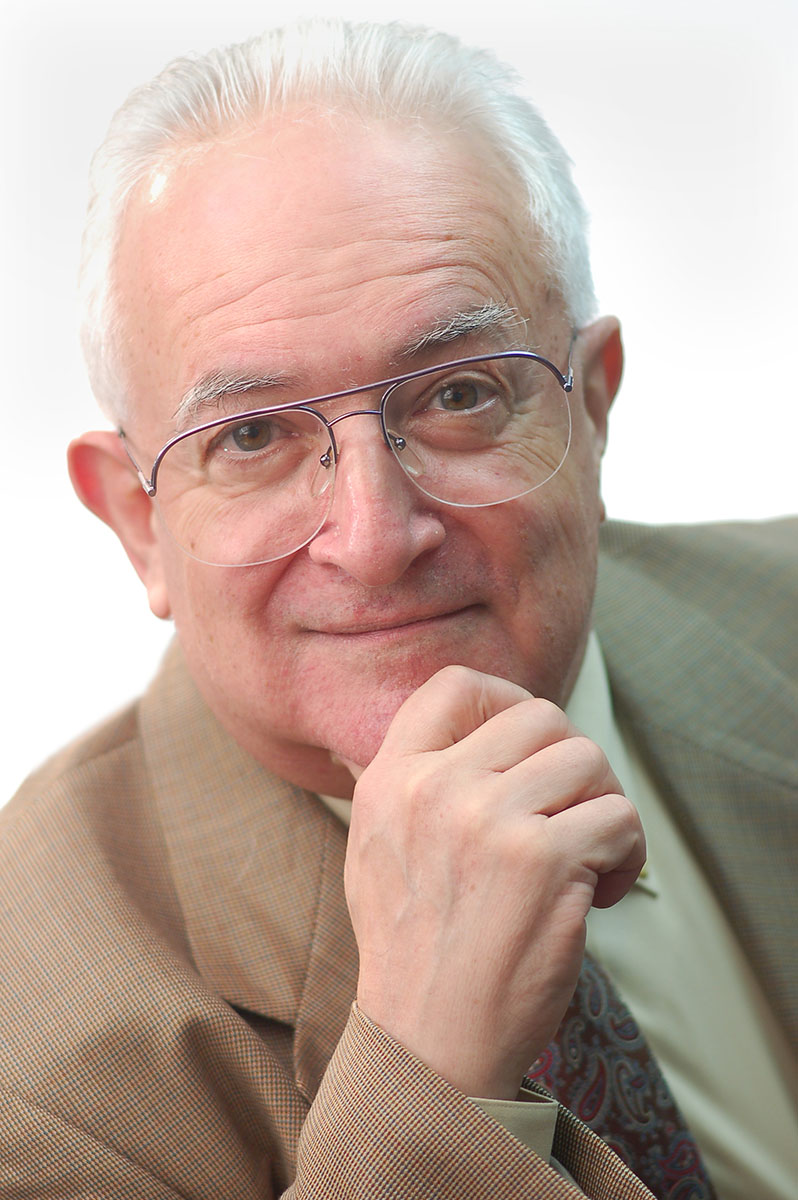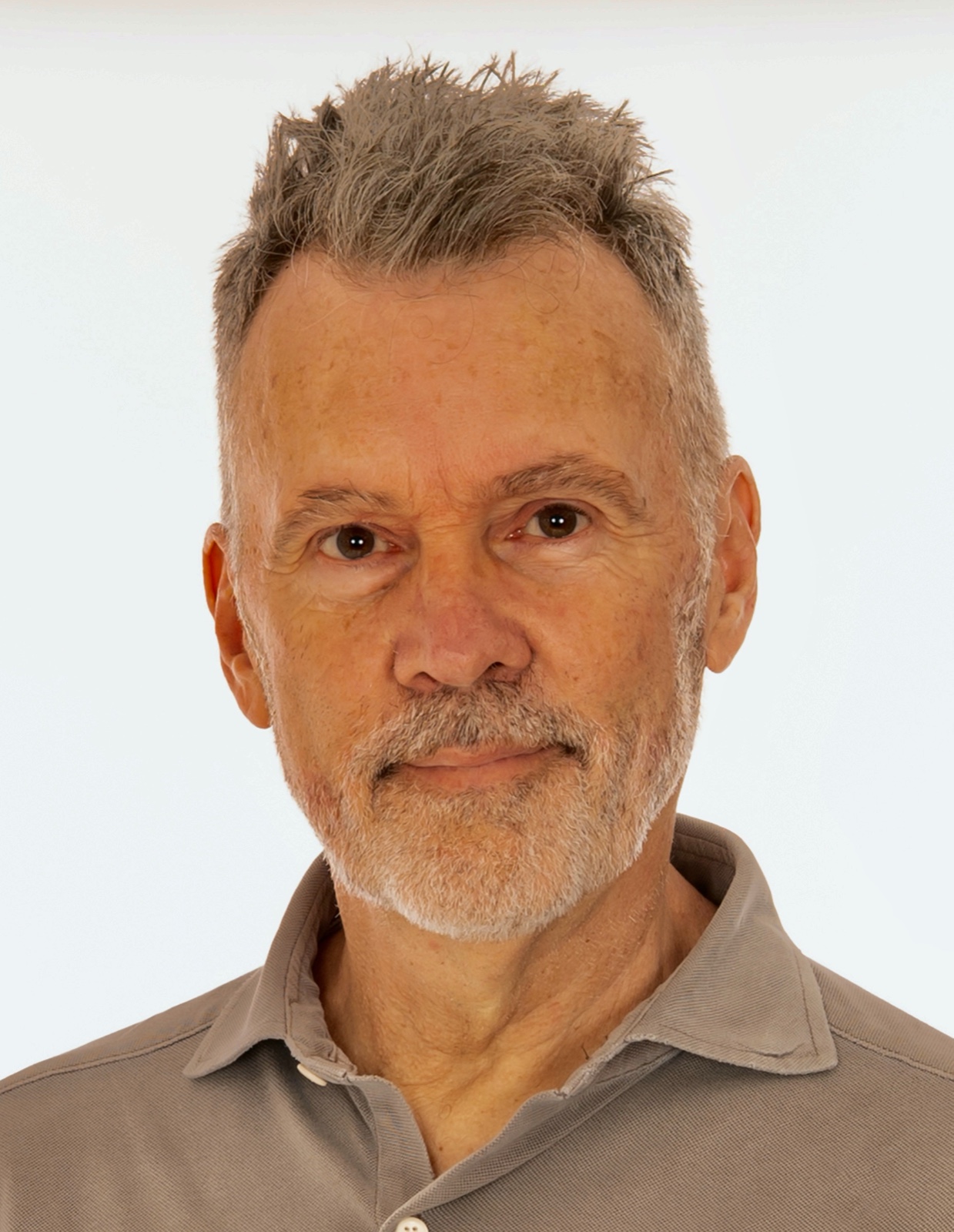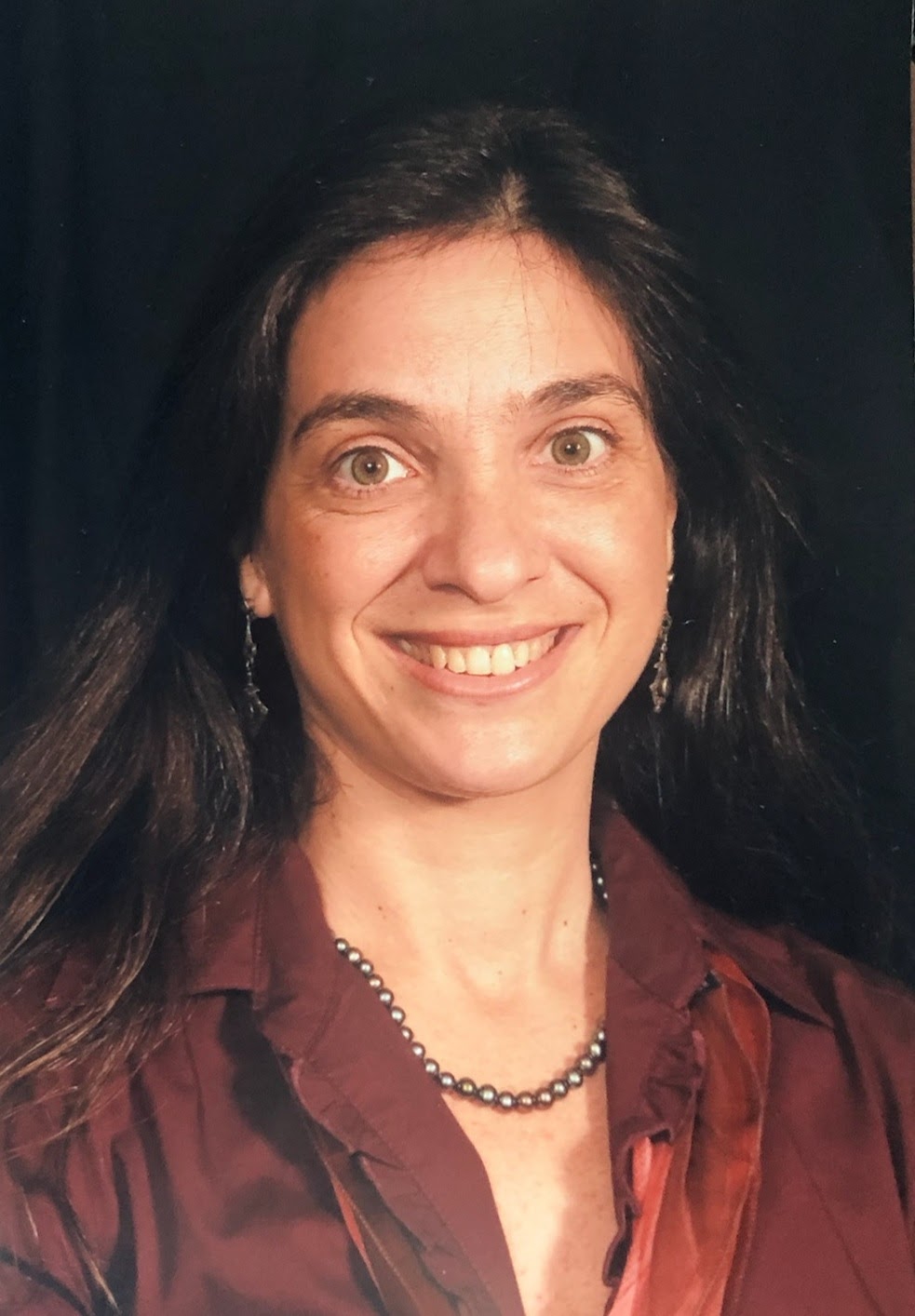ADVISORY BOARD
Advisory Board

Prathiba Batley, Ph.D., MBA
Dr. Prathiba Batley is an expert in statistics and research methods. Specifically, she is interested in solving problems posed by the idiosyncrasies of real world data using innovative methods. She works with Bayesian and Frequentist approaches on hierarchical linear modeling, interrupted time-series analyses, structural equation modeling , psychometrics, network analyses, etc. She has served on various Federal and Foundation grants as PI, co-PI, senior investigator, and statistical lead. Her collaborations range across various fields such as education, medicine, psychology, geography, and many more. Her recent contributions include conducting cutting edge statistical analyses with Single Case Experimental Designs.

A. Charles Catania, Ph.D.
Dr. A. Charles Catania is Professor Emeritus at the University of Maryland, Baltimore County (UMBC), where in collaboraton with the Kennedy-Krieger Institute of Johns Hopkins University he co-founded its MA track in Applied Behavior Analysis. He is Past-President of the Association for Behavior Analysis and of Division 25 of the American Psychological Association. He has been Editor of the Journal of the Experimental Analysis of Behavior and Associate Editor for the Experimental Analysis of Behavior for the journal Behavioral and Brain Sciences. He is author of more than 200 journal articles and chapters, and his books include Learning, now in its 5th edition, Variations and Selections (co-edited with Philip N. Hineline), the Definitive Edition of B. F. Skinner's Cumulative Record (co-edited with Victor G. Laties), and The ABCs of Behavior Analysis. His recent enGrama dialogues with Noam Chomsky are available online in four YouTube episodes.

Timothy D. Hackenberg, Ph.D.
Dr. Tim Hackenberg received a B.A. degree in Psychology from the University of California, Irvine in 1982 and a doctorate in Psychology from Temple University in 1987, under the supervision of Philip Hineline. He held a post-doctoral research position at the Institute for Disabilities Studies at the University of Minnesota with Travis Thompson from 1988-90. He served on the faculty in the Behavior Analysis program at the University of Florida from 1990-2009, and at Reed College, until his retirement in 2022. He has served as Editor-in-Chief for Perspectives on Behavior Science, as Associate Editor of the Journal of the Experimental Analysis of Behavior and Frontiers in Psychology (Comparative), on the Board of Directors of the Society for the Experimental Analysis of Behavior, of the Society for the Quantitative Analysis of Behavior, as President of Division 25 of the American Psychological Association, as the Experimental Representative to the ABAI Council, and as the Director of the ABAI Science Board. His major research interests are in the area of behavioral economics and comparative cognition, with a particular emphasis on decision-making, token economies, and social behavior. In work funded by the National Science Foundation and the National Institutes of Health, he and his students have developed procedures for cross-species comparisons of complex behavior.

Steven R. Hursh, Ph.D.
Dr. Steven Hursh is President and Chief Scientist of the Institutes for Behavior Resources, where he directs research and application efforts on human performance and fatigue, behavioral economics,
drug abuse, and cooperative team performance. Dr. Hursh has had a distinguished career as a behavioral scientist, with 50 years of research experience and is author of over 140 articles, book
chapters and books. He is also Adjunct Professor of Behavioral Biology in the Department of Psychiatry and Behavioral Sciences at the Johns Hopkins University School of Medicine.
Dr. Hursh is also the technical leader of an effort to model the relationship between sleep deprivation
and performance. His patented biomathematical model–the Sleep, Activity, Fatigue, and Task
Effectiveness or SAFTE ® model has been validated and calibrated by the US Department of
Transportation as a fatigue risk management tool and was used by both the Federal Aviation
Administration and the Federal Railroad Administration to guide regulatory rest and duty limits. The
commercial implementation, SAFTE-FAST, is used by all the major US airlines and over 60 airlines and organizations around the world. Dr. Hursh has served as consultant to the Federal Aviation
Administration, Transport Canada, European Union Aviation Safety Administration and the Australian
Civil Aviation Safety Authority.

Gregory J. Madden, Ph.D.
Dr. Gregory J. Madden is a Professor of Psychology at Utah State University. Dr. Madden earned his Ph.D. in experimental psychology in 1995 and completed an NIH-funded post-doctoral research fellowship in behavioral economics in 1998. Over the course of his career, he has published more than 100 peer-reviewed papers and book chapters; his research in these areas have been supported by more than $6.5 million in federal grants. Dr. Madden’s breadth and expertise have been recognized with prestigious research appointments (e.g., Editor-in-Chief of the Journal of the Experimental Analysis of Behavior), dissemination appointments (e.g., Editor-in-Chief of the American Psychological Association Handbook of Behavior Analysis: Volumes I & II), and advisory councils (e.g., grant-review study-section member, National Institutes of Health).

Lina Slim, Ph.D., BCBA-D, CCC-SLP
Dr. Lina Slim is a dually certified SLP & BCBA-D with over 35 years-experience, specializing her clinical practice on supporting families and their children with autism, neurodevelopmental and behavioral challenges, speech-language differences and apraxia, providing training, supervision, consultations to practitioners across professional disciplines, cultures, and countries. She is founding CEO of ASAP – A Step Ahead Program, LLC, owner and president of Lina Slim Consulting, Adjunct Professor at Endicott College and TCSPP, ABA Programs. Her clinical and research interests focus on disseminating best practices in the application of the science of behavior analysis to support persons with autism and their families, establishing and maintaining effective functional verbal behaviors while promoting Interprofessional Culturally Aware, Responsive and Person-Centered Collaborative Practices (AICARe-Collaboration). Dr. Slim presents and consults nationally and internationally and has published several peer-reviewed research and book chapters. Dr. Slim is the recipient of the 2005 Children Empowerment Award and 2014 New Jersey Speech-Language-Hearing Association (NJSHA) Distinguished Clinical Achievement Award. She is BOD Member of the Association for Science in Autism Treatment, CCO Liaison of Behavior Analysis SIG on Supervision to the ABAI, Board Member of ABAC, Inc., ICEC, Advisor to Linggo, Inc, Executive Officer of the Speech and Applied Behavior Analysis ABAI SIG. Dr. Slim brings a unique personal and behavior analytic perspective on interprofessional collaboration, cultural responsiveness, and humility, by drawing from her diverse cultural, linguistic, and professional background, as well as from her extensive clinical practice working with culturally and linguistically diverse families nationally and internationally.

Vijay Vaidyanathan, Ph.D.
Dr. Vijay Vaidyanathan is the Founding Chair of the Department of Biomedical Engineering at the University of North Texas, a Carnegie R1 institution. He created the curriculum for BS and MS degrees in 2014, and the Ph.D. degree in biomedical engineering in 2021. The Ph.D. degree is the first of its kind in a Texas public institution, with a startup track. In 9.5 years, the department has grown to more than 330 students with 56 % women, and 31% under-represented minorities. The department was fully accredited by ABET in its first visit. He has also served as Associate Dean for Academic Affairs in the College of Engineering for 6 years. Dr. Vaidyanathan has Bachelor’s degrees in Physics and Electronics Engineering from University of Mumbai, India, and MS and Ph.D. degrees in Biomedical Engineering from Texas A&M University in College Station. He has five years of industry experience and more than 28 years’ experience in academia. His research interests include non-invasive, optical detection of superficial oral cancers in canine models; biomedical instrumentation – remote monitoring of vital signs, and improving quality of life for senior citizens. He has published more than 35 papers and obtained more than $0.75M in research and equipment grants from national and private funding agencies.
